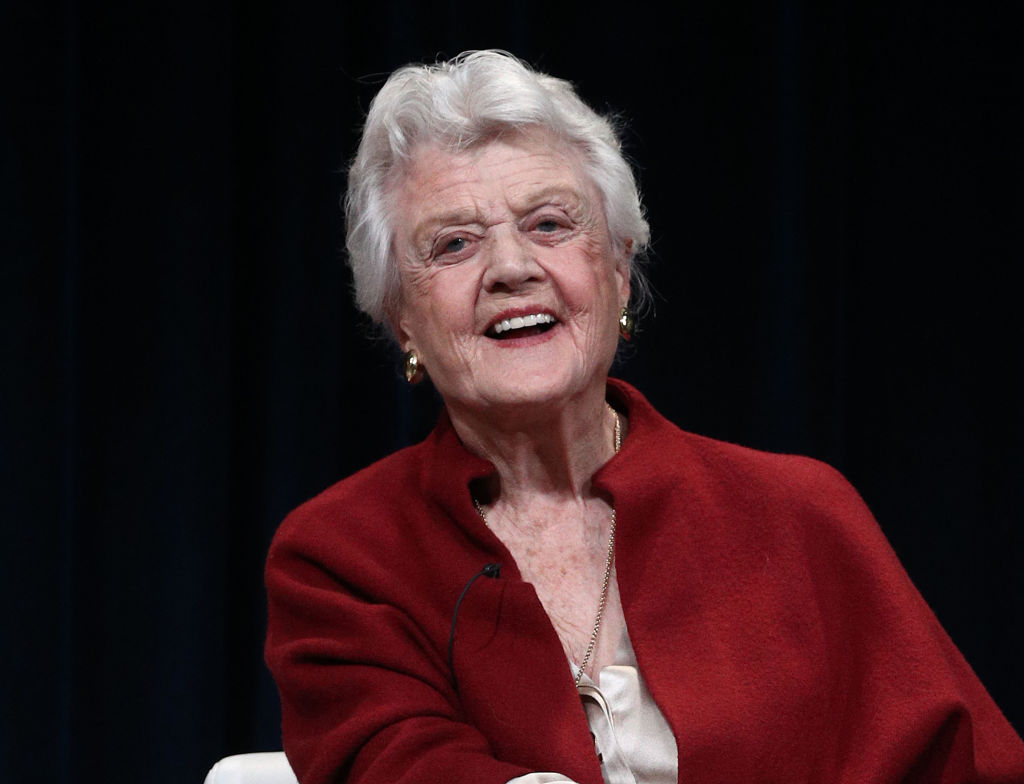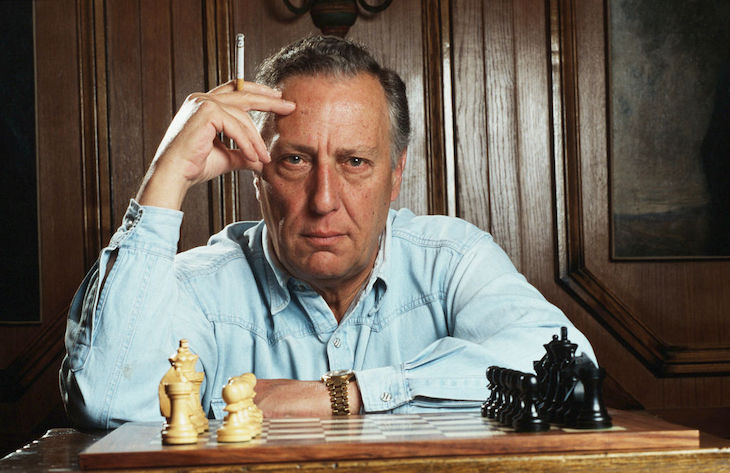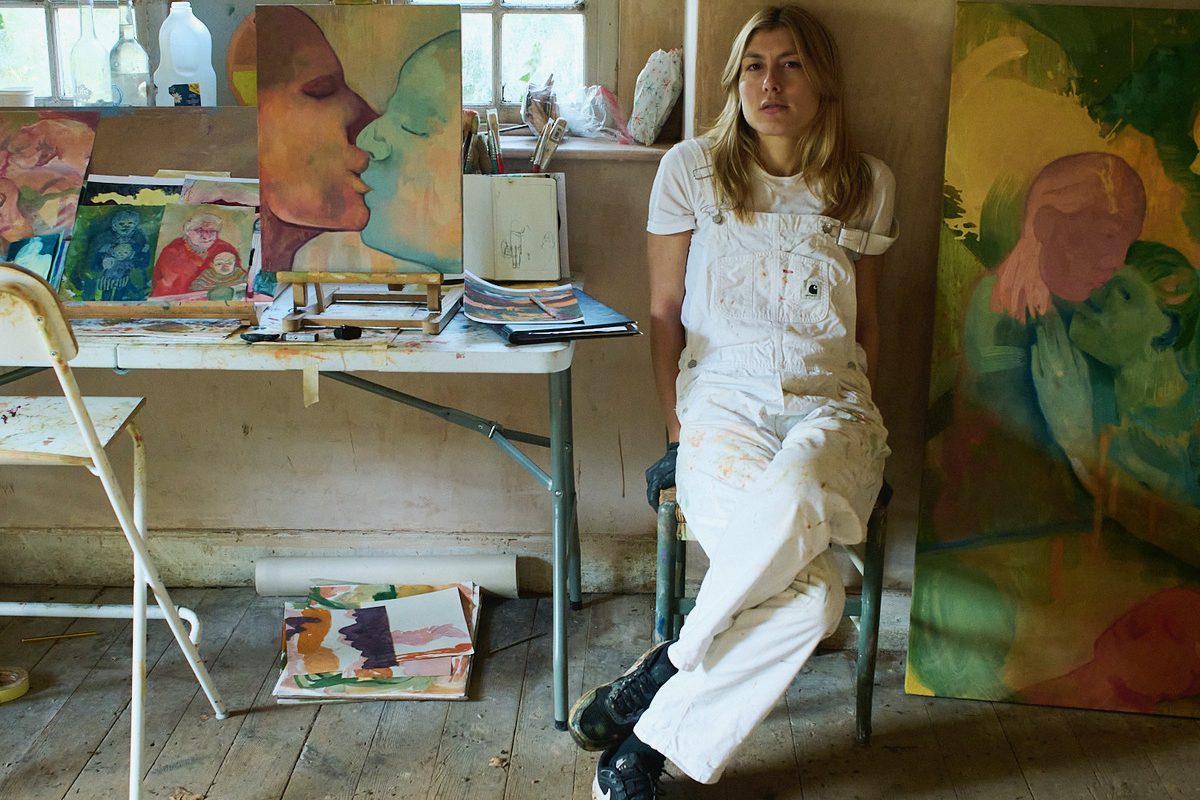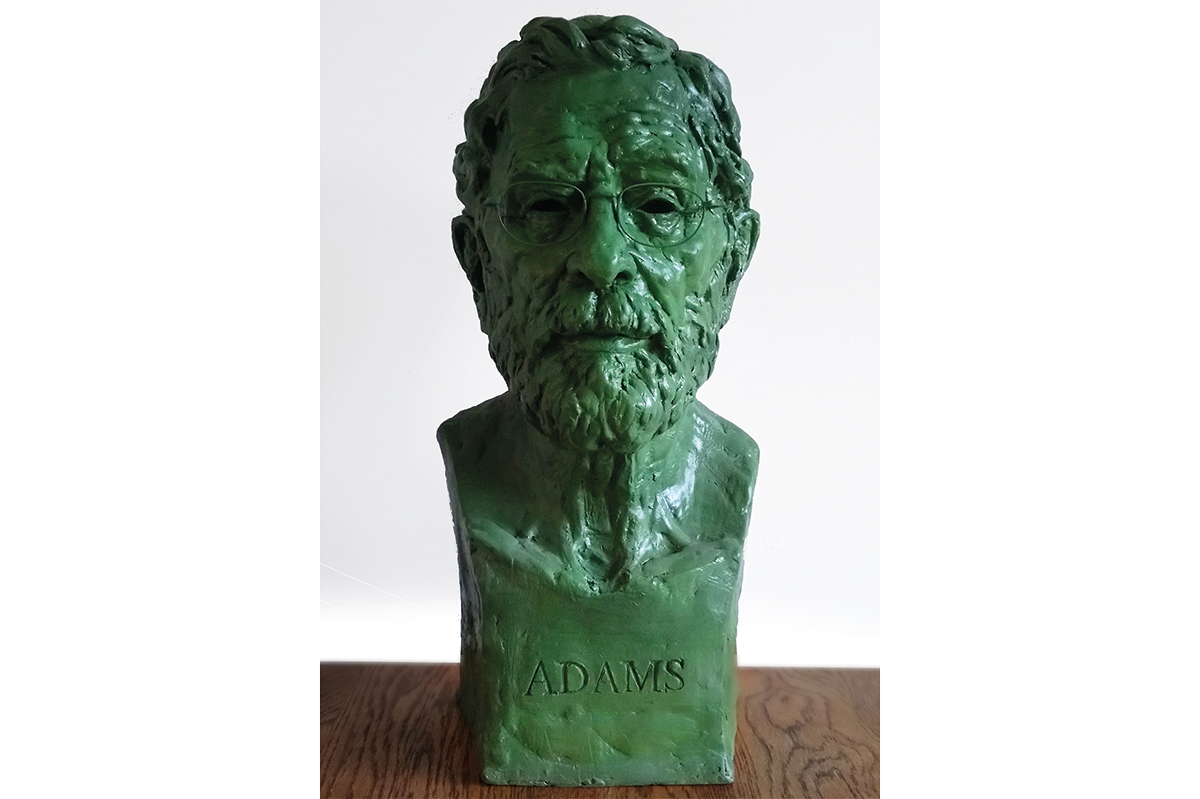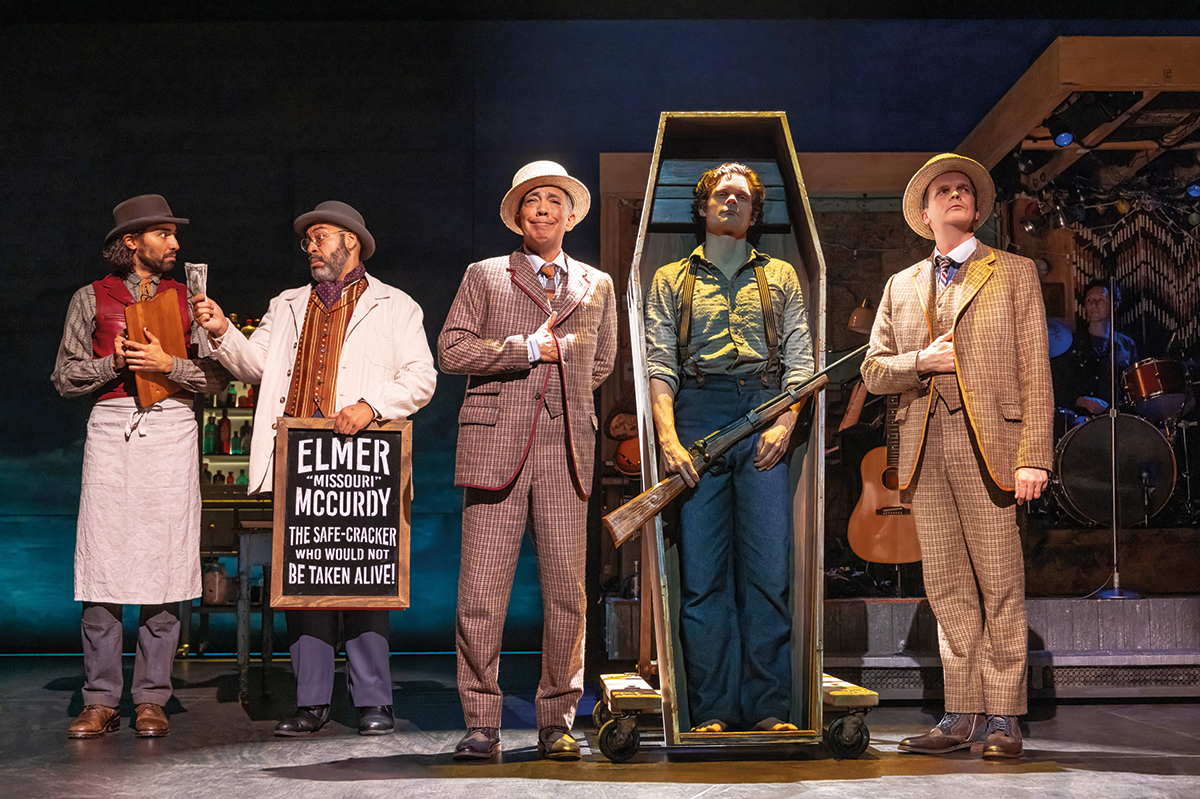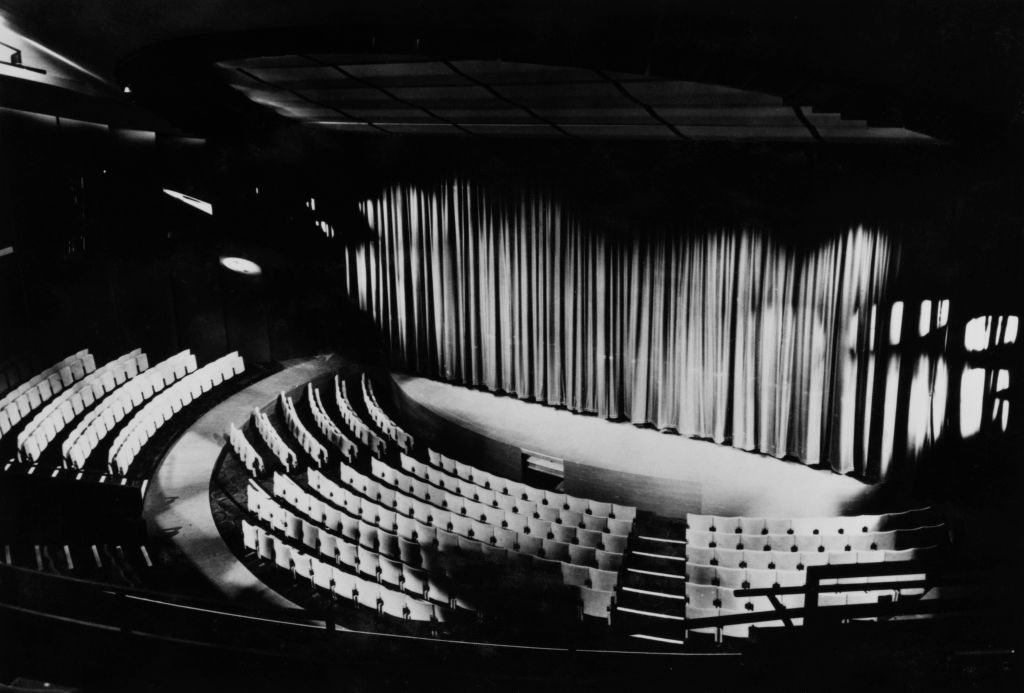The only time I ever saw Angela Lansbury on stage was in 2014 in London, when she played the half-baked medium Madame Arcati in a revival of Noel Coward’s supernatural comedy Blithe Spirit. Although it was rumored that the then-88-year-old Lansbury was having her lines fed to her via earpieces, it did not affect her comic timing one iota. It is no exaggeration to say that Lansbury took a character who has passed into over-familiarity via decades of revivals and made her fresh and hilarious once again. For anyone to achieve this is remarkable, but to do so at an age when most actors would have long since retired is little short of phenomenal.
Lansbury’s death at the age of 96 — a few days shy of her 97th birthday — has some uncanny parallels with the recent passing of the Queen. Not only were they both the same age, they both managed to offer a sense of continuity and stability throughout their long, extraordinary lives. There was undoubtedly something regal about Lansbury, yet she also offered a warmth and accessibility that undercut what might have been an intimidating grandeur from many of her contemporaries. A self-described “old lady at ten,” after the death of her father, she had a long and largely successful career that was then elevated into the stratosphere by the phenomenal success of Murder, She Wrote.
The undemanding but hugely popular crime series, which ran between 1984 and 1996, made Lansbury an extraordinarily wealthy woman: she appeared in 264 episodes and was paid over $200,000 an episode. She actively encouraged identification between herself and the character she played, the crime novelist and amateur sleuth Jessica Fletcher, saying “she is as close to me as any role I’ve taken.” But the recognition and financial security that it gave her did not obscure a prodigious work ethic. She worked up until this year, appearing in Rian Johnson’s Knives Out sequel Glass Onion. Not bad for someone who began her career playing a maid at the age of 17 in the Ingrid Bergman mystery Gaslight, a role for which she had to have a chaperone, and was duly recognized with an Academy Award nomination for Best Supporting Actress.
Lansbury was a character star from a very early age, rather than a conventional leading lady. She self-deprecatingly noted that “I was playing older parts when I was terribly young because I wasn’t a big-screen beauty.” These included everything from Elvis’s mother in the 1961 film Blue Hawaii to her greatest film role in John Frankenheimer’s The Manchurian Candidate, in which she played against her natural warmth to embody a monstrous and manipulative senator’s wife with incestuous designs on her brainwashed son. Yet she turned down what might have been another signature role, that of Nurse Ratched in One Flew Over the Cuckoo’s Nest, saying, “This is a wonderful role but I simply cannot play it. She is so awful, so evil.”
Lansbury’s stage career was hugely impressive, right up until her final Broadway appearance on a one-off performance as Lady Bracknell in 2019. She took on the lead in the musical Mame in 1966, which not only earned her a Tony award but led the New York Times to herald her as “The First Lady of Musical Theater.” Everything from Shakespeare to Sondheim duly followed, winning her a further five Tony awards. She was unpretentious about the opportunities offered by television and stage, saying, “A small number of people have seen me on the stage. [Television] is a chance for me to play to a vast U.S. public, and I think that’s a chance you don’t pass up. …I’m interested in reaching everybody. I don’t want to reach just the people who can pay forty-five or fifty dollars for a seat.”
Her private life was notably free of scandal — she once commented that “I take a lot of vitamins, get enough sleep and don’t drink apart from a glass of wine occasionally. …I am boringly good.” But the range and complexity of her best roles saw to it that Lansbury will be remembered for considerably more than Jessica Fletcher and Murder She Wrote.



